Advertisement
Asia’s youngest country Timor-Leste applied for ASEAN membership in 2011. Some citizens hope it will be granted this year while others believe the nation needs to first boost its domestic capabilities.
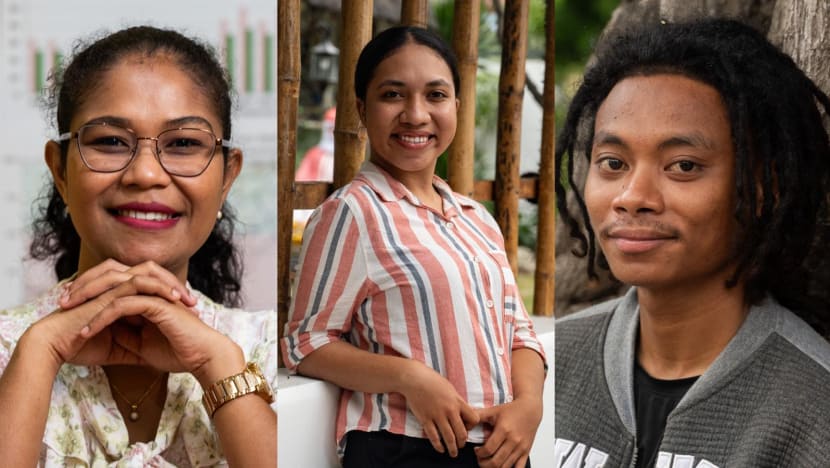
Youths Alda Femerini (centre) and Cristovao Reinato Estelita (right) believe Timor-Leste will benefit from joining ASEAN but researcher Febe Gomes (left) believes her country is not ready yet. (Photos: CNA/Wisnu Agung Prasetyo)
New: You can now listen to articles. 
This audio is generated by an AI tool.
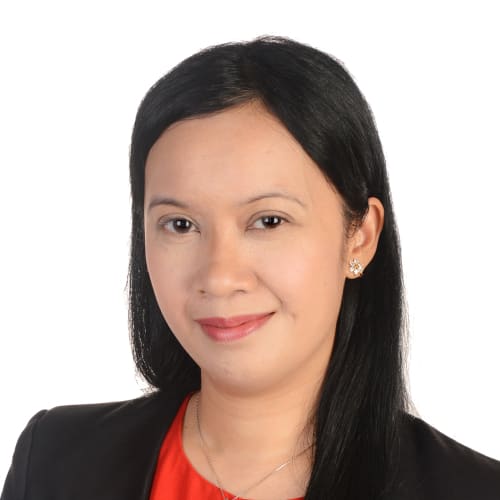
17 Jan 2025 06:00AM (Updated: 17 Jan 2025 06:13AM)
DILI: When Maria do Ceu Lopes da Silva was younger, she had no interest in Tais, the handwoven traditional textile of Timor-Leste.
It was only in 2002, the year her country gained independence, that the 68-year-old started to learn about the textile and its place in Timorese culture.
For instance, not only is Tais worn as traditional clothing by men and women, it is also used for decoration, in traditional ceremonies and to welcome newborns.
In 2019, Ceu even worked with the Timorese government to inscribe Tais on UNESCO’s List of Intangible Cultural Heritage in Need of Urgent Safeguarding. It was officially inscribed two years later.
Ceu’s non-governmental organisation Timor Aid also trains women to weave Tais so that they can sell the textiles to earn income, and safekeep the tradition.
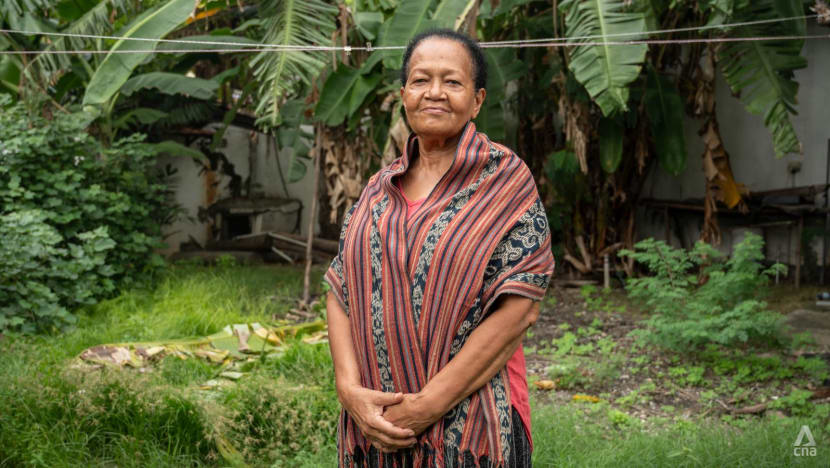
When Timor-Leste becomes a full member of the Association of Southeast Asian Nations (ASEAN), Ceu believes Tais weavers will benefit tangibly by gaining access to new markets.
“I believe that cooperation with others, especially with the ASEAN community, will definitely increase the access of Timorese weavers to more markets and opportunities,” said Ceu, who was a presidential candidate in her country’s 2012 election.
ASEAN’s 10 member countries are home to over 660 million people and the bloc’s joint annual gross domestic product (GDP) is nearly US$4 trillion.
Timor-Leste applied to become an ASEAN member in 2011 and was granted in-principle approval to join, as well as observer status, in 2022. In a recent exclusive interview with CNA, Timor-Leste president José Ramos-Horta expressed hope that his country could become ASEAN’s 11th member in 2025.
Timor-Leste will participate as an observer in the ASEAN Foreign Ministers’ Retreat in Langkawi this weekend (Jan 18 and 19).
To become a member, a country must meet key milestones of the three political security, economic and socio-cultural pillars. Ramos-Horta said Timor-Leste has implemented “more than 70 per cent” of the treaties associated with ASEAN.
The country falls within the geographical ambit of ASEAN and has also established embassies in all 10 ASEAN capitals, observers have noted.
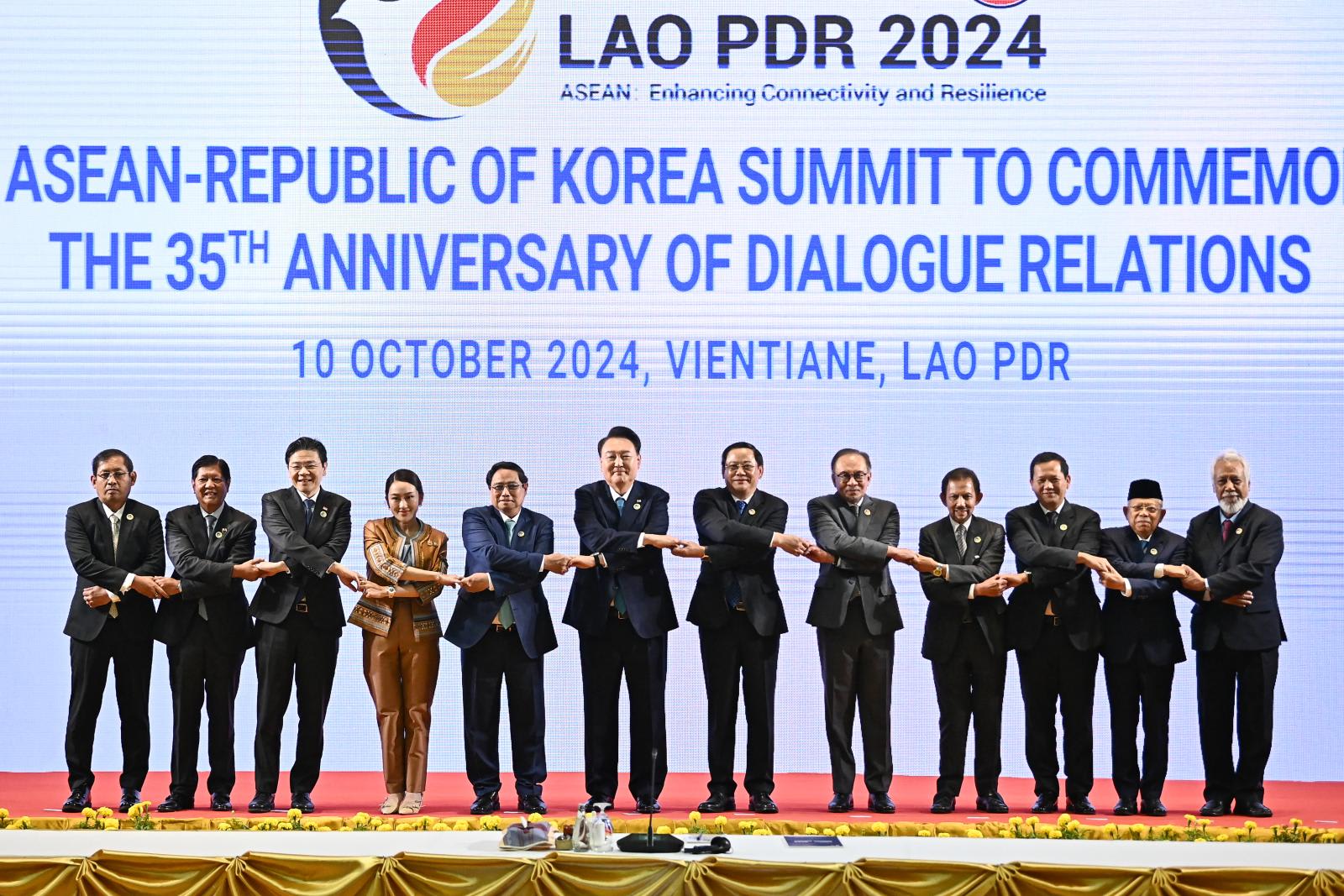
MORE OPPORTUNITIES TO STUDY ABROAD?
Ceu is not alone in embracing the prospect of Timor-Leste joining ASEAN.
Youths such as Alda Femerini, 18, believe they will benefit from being part of a larger community with rich economic and people-to-people ties.
“It is important for Timor-Leste to become a member of ASEAN because it will give more opportunities to all the young people,” said Alda, an agriculture student at the Universidade Nacional Timor Lorosa’e (UNTL).
According to the World Health Organization, more than half of the country’s population is below the age of 40.
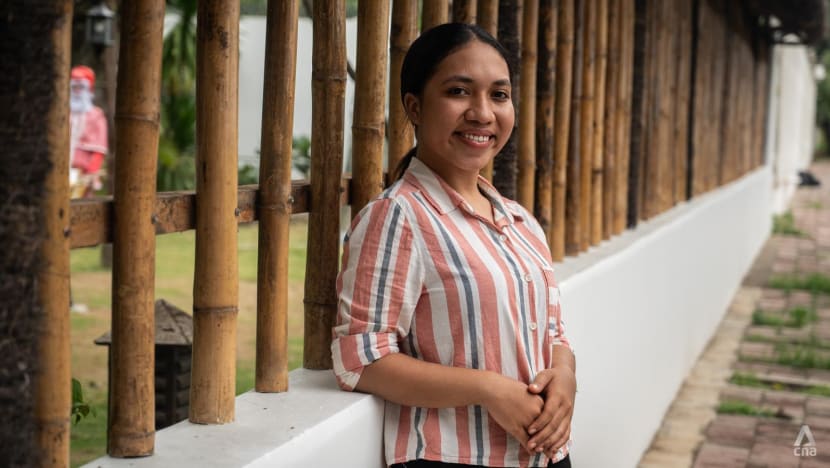
“They can get better access to networking, they can have more opportunities to study abroad, and they can work on international collaborations and develop the economic system,” she said.
Alda is a member of a youth organisation called NextGen Innovation Hub, set up by Cristovao Reinato Estelita, 22, to conduct talks and capacity-building activities for young Timorese to try and address the country’s challenges.
Timor-Leste needs to improve its healthcare, infrastructure, economy and education system, said Estelita.
It also needs to tackle its urban-rural divide that results in the 65 per cent of Timorese living in rural areas lacking access to education and information, he said.
Not all academics and civil society observers in the country, however, believe Timor-Leste is ready to be ASEAN’s newest member.
“STRENGTHEN OWN CAPACITIES” FIRST
The country – with a GDP per capita of about US$1,500 in 2023, according to the World Bank – lacks export capabilities and economic diversity, said researcher Febe Gomes of the non-governmental organisation La’o Hamutuk, which focuses on development issues.
The country is currently reliant on imported goods and “does not have local products that can support cooperation between Timor-Leste and ASEAN countries”, she said.
Its government may want to join ASEAN to grow the country’s economy, “but the fact is, if we become a member, there is something that we need to offer”, she said.
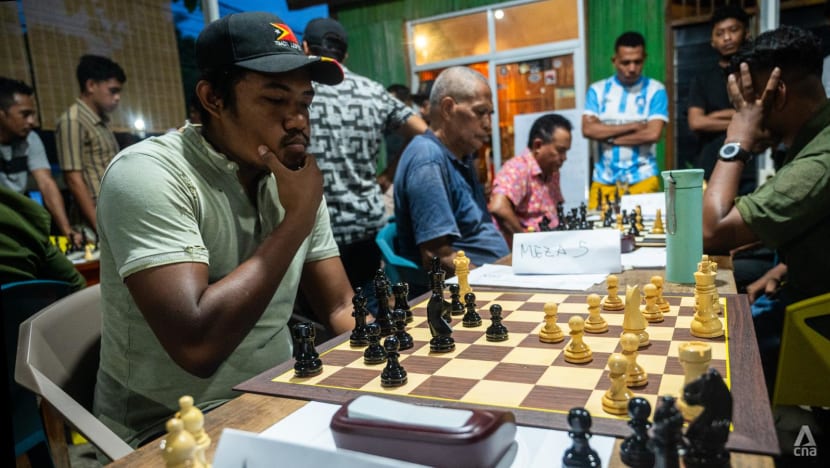
Other analysts have noted Timor-Leste’s deep trade deficit with ASEAN and its heavy dependence on oil and gas income.
Nearly 92 per cent of its merchandise exports in 2021 were fuel and mining products, according to the World Trade Organization.
“By one account, from 2016 to 2019, more than half of Timor-Leste’s US$2.05 billion expenditure on imports went to five ASEAN economies, while its exports of goods and services in the same period to ASEAN was just US$95 million,” noted an ISEAS-Yusof Ishak Institute commentary in 2022.
Timor-Leste’s education system and “human capital” are also not ready, said Gomes.
“Only a few of us whose parents can afford or pay for schools outside of Timor have the opportunity (for a better education),” she said.
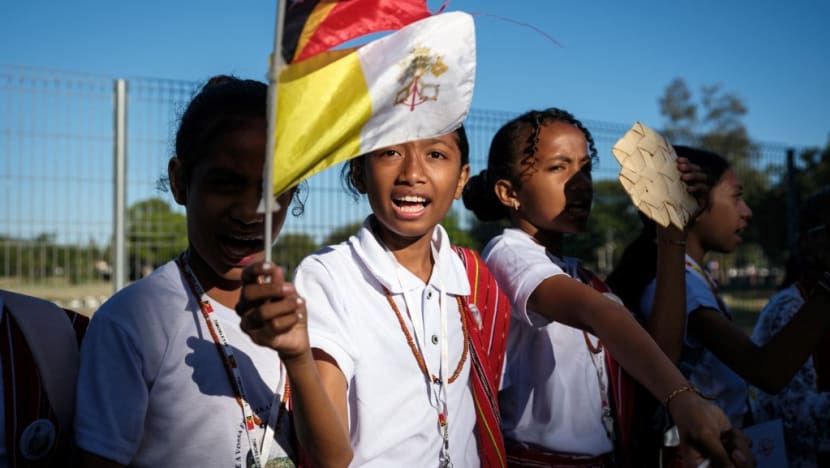
In rural areas, schools lack facilities such as libraries and laboratories for children, and health and sanitation standards are also “lacking”, Gomes added.
“If we look at the grassroots level … Timor-Leste is not yet ready because there are a lot of things the government needs to focus on such as strengthening our capacities, strengthening our capabilities (to address) domestic and economic conditions.”
But if it does join ASEAN, the country could offer its experience in “upholding democracy or how to defend human rights”, she said.
International relations lecturer Mica Barreto Soares from UNTL agreed there is “no need to hurry” to join ASEAN as the Timorese government has much to accomplish domestically, but said membership is “just a matter of time”.
While the Timor-Leste market is small, with a population of about 1.4 million and the country still developing, ASEAN would nonetheless benefit from having it as a member, she said.
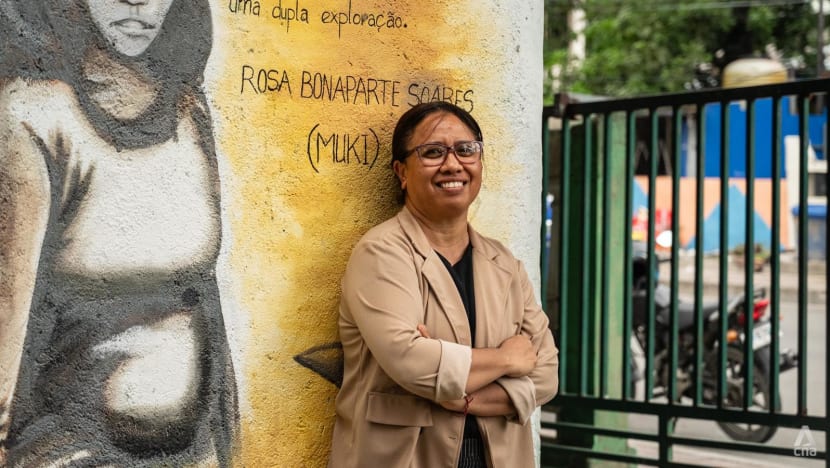
Timor-Leste’s heritage as a Portuguese colony for over 400 years would enrich the ASEAN culture, said Soares of UNTL, the country’s only public university.
“The experience of Timor-Leste in peace-making can contribute regionally to mitigate or solve problems within ASEAN,” she added.
Despite Indonesia’s brutal occupation of the country between 1975 and 1999, Ramos-Horta told CNA he wants to work with Indonesia’s President Prabowo Subianto to further expand trade, investment and security between both countries, and has officially invited Prabowo to visit.
For 21-year-old NextGen Innovation Hub member Pio Jackelly de Jesus, it is ASEAN countries’ education systems that Timor-Leste could draw lessons from.
The engineering, science and technology student at UNTL felt schools in his country focus too much on rote learning and “don’t teach students how to learn and how to implement what they study … in real life”.
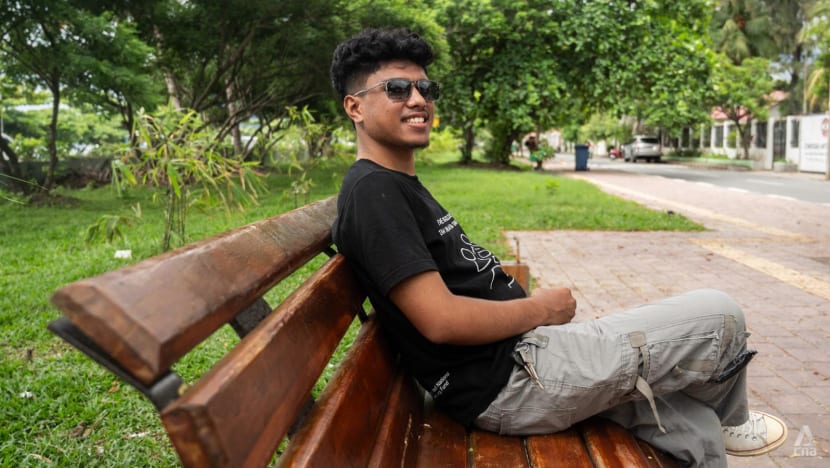
From what he has read, Singapore places more emphasis on science, technology, engineering and maths from an early age.
“I hope that by joining ASEAN, it can increase the quality of education in Timor-Leste,” he said.
“We can transfer knowledge and gain diverse experiences from each country by adopting a curriculum that helps students (become) more productive, gain critical thinking skills and implement the knowledge in the real world.”
